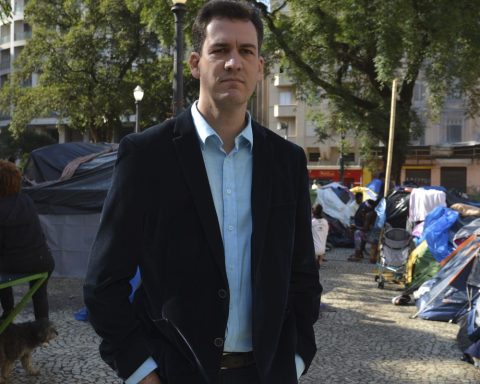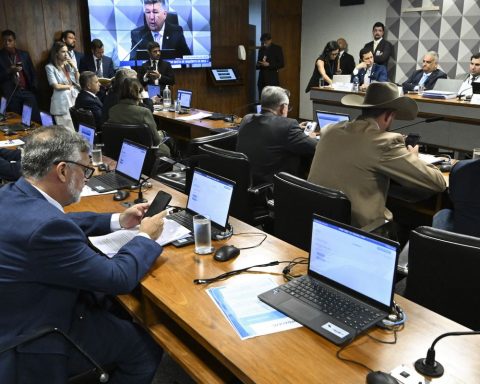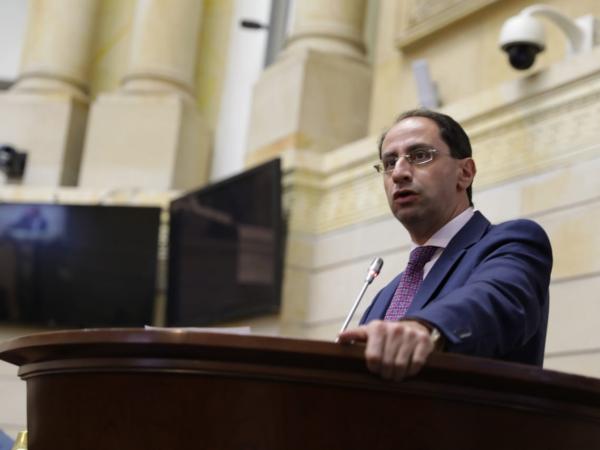The Senate Education, Culture and Sport Commission held a public hearing today (27) to debate homeschooling in Brazil. O homeschooling, as it is also called, is the subject of a bill (PL), 1,338/2022, which arrived in the Senate in May, coming from the Chamber. Discussions on the topic precede the preparation of the report, in charge of Senator Flávio Arns (Podemos-PR), and a subsequent discussion and vote in the plenary of the House.
The public hearing brought different views on the subject, stimulated the debate on homeschooling, its pros and cons. The prosecutor of the Republic of Pernambuco, Mona Lisa Ismail, highlighted the jurisprudence of the Federal Supreme Court (STF), which considered mandatory enrollment in the regular school network to be constitutional and also opened the possibility of home education provided that it is regulated by federal law that makes the homeschooling with the constitutional commandments, which are those provided for in Article 205 of the Constitution.
The Constitution establishes that education is a duty of the State and the family and aims at “the full development of the person, their preparation for the exercise of citizenship and their qualification for work”.
Daniel Tojeira Cara, professor at the Faculty of Education at the University of São Paulo (USP), understands that the school space goes beyond the classroom and is decisive for student learning. “As much as the family is extremely knowledgeable in the teaching strategy, it will not be competent to guarantee the entire learning process necessary for human development. This is an aspect that the science of education affirms”.
MEC
Representing the Ministry of Education (MEC) at the hearing, Inez Borges, special advisor to the Minister of Education, Victor Godoy, defended home education as one of the public education policies of the current government. She defends the development of a study on those young people already submitted to this type of education and how they developed.
“Studying the performance of these children, studying the condition of graduates, those who are already at university, who are already in the job market, studying the reality of children from different social classes who are having a fantastic performance in this area is possible, it is available reality for interested researchers”.
Also in defense of home education, the president of the National Association of Home Education (Aned), Ricardo Dias, spoke to the commission. Dias gave his personal example as a successful case of the homeschooling. According to him, his children were educated in this model and are now at university and in the job market. He even cited an article from the Universal Declaration of Human Rights to support his arguments in favor of homeschooling.
“[A Declaração] said that parents have priority and prerogative in the right to choose the type of instruction to be given to their children. In the past we had many problems, totalitarian states that had a single model, which forced people to a single educational model”. According to him, the Universal Declaration of Human Rights combats “the tyranny of the single model of education”.
Professor at the Federal University of ABC, Salomão Barros Ximenes, rebutted Dias’ argument. “If it is true that the Declaration of Human Rights speaks of priority for families in choosing the type of education for their children, it is also true that there are different models of recognition of this priority, different models of juridification of the recognition of this modality”, he said.
“Brazil recognizes the priority of families by prohibiting, for example, the state monopoly on education, by providing that education is a public service not exclusive to the State, and by establishing different possibilities for families to participate in the construction of educational policies,” he added. .
According to Arns (Podemos-PR), who acted as chairman of the commission in this public hearing, others will be held. Today’s was the first. There is still no forecast for the bill to reach the plenary.
The law project
According to the bill approved by the House, to enjoy home education, the student must be regularly enrolled in a school, which will monitor educational development during the period. Parents interested in teaching their children at home should follow the National Curricular Common Base defined by the MEC. In addition, additional subjects and disciplines may be included in the teaching routine.
It will also be required, from at least one of the parents or guardians, proof of higher education or technological professional education, in a recognized course. They also cannot have a criminal record.
Those responsible will have to guarantee the student’s family and community coexistence and the carrying out of pedagogical activities to promote the integral formation of the student, contemplating their intellectual, emotional, physical, social and cultural development. It will be the responsibility of the parents to keep periodic records of activities and send them, every three months, in the form of reports, to the educational institution in which the student is enrolled.

















